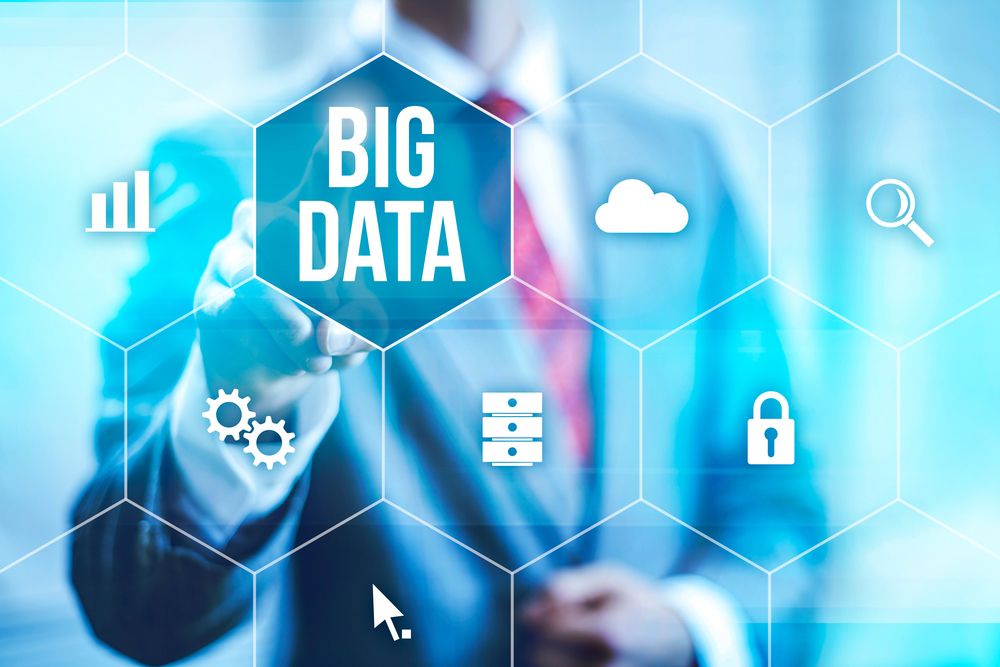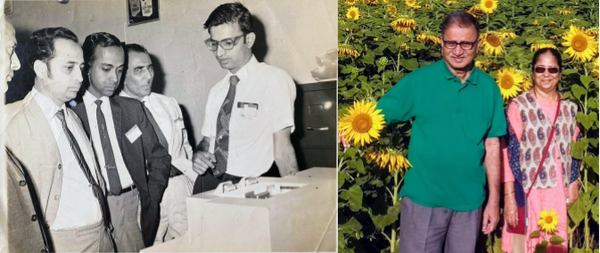Big Data is Revolutionary!
Andrew Brust writes in the ZDnet Big Data Blog why he thinks Big Data technology is not “evolutionary” but “revolutionary”.
Here is a quick excerpt of the key points:
- Big Data’s manifesto: don’t be afraid
For the first time in the technology world, we’re thinking about how to collect more data and analyze it, instead of how to reduce data and archive what’s left - A Big Data Definition
Big Data is the area of tech concerned with procurement and analysis of very granular, event-driven data - 2012 – Year of Big Data?
Big Data is moving from specialized use in science and tech companies to Enterprise IT applications. The quest to make Big Data more Enterprise-friendly should result in the refinement of the technology and lowering the costs of operating it - Spreadmarts aren’t Big Data, but they have a role
Big Data lets older, conventional technologies provide insights on data sets that cover a much wider scope of operations and interactions than they could before - Natural language processing and Big Data
Big Data technology itself will help to improve natural language technology as it will allow greater volumes of written works to be processed and algorithmically understood - Big Data specialists and developers: can they all get along?
People who develop strong competency in both – building software as well as procurement and analysis of data that software produces and consumes – will be rare, and thus in demand and very well-compensated. - The feds and Big Data?
The recent $200 million investment in Big Data announced by the U.S. Federal government is an indication of the importance of harnessing Big Data in the work of the government and its importance to society - Big Data and BI are separate, but connected
Big Data is its own subcategory and will likely remain there. But it’s part of the same food chain as BI and data warehousing.
And a nice conclusion:
We’re taking huge amounts of data, much of it unstructured, using cheap servers and disks. And then we’re on-boarding that sifted data into our traditional systems. We’re answering new, bigger questions, and a lot of them. We’re using data we once threw away, because storage was too expensive, processing too slow and, going further back, broadband was too scarce. Now we’re working with that data, in familiar ways — with little re-tooling or disruption. This is empowering and unprecedented, but at the same time, it feels intuitive.
That’s revolutionary.
Read the entire article here




